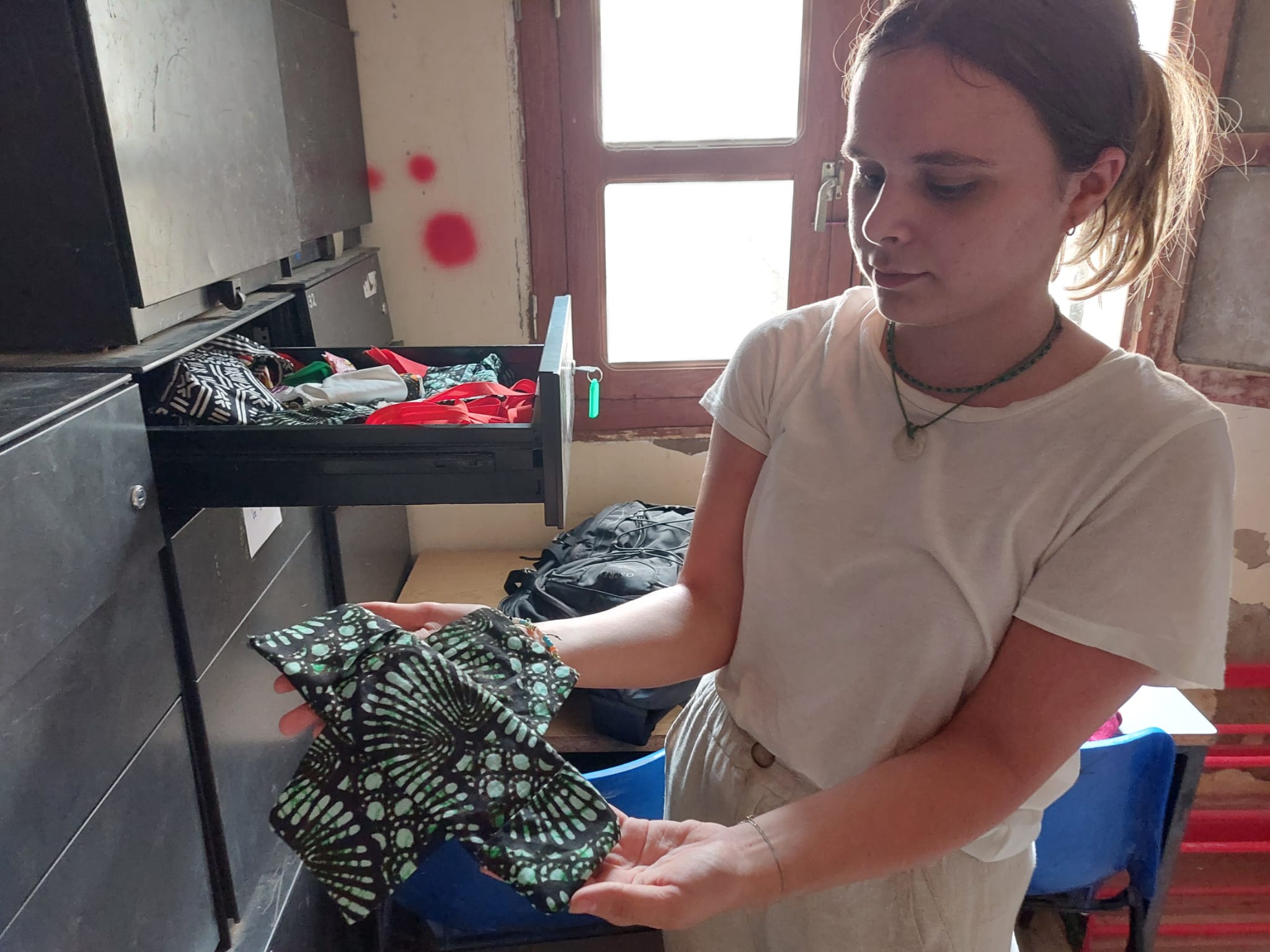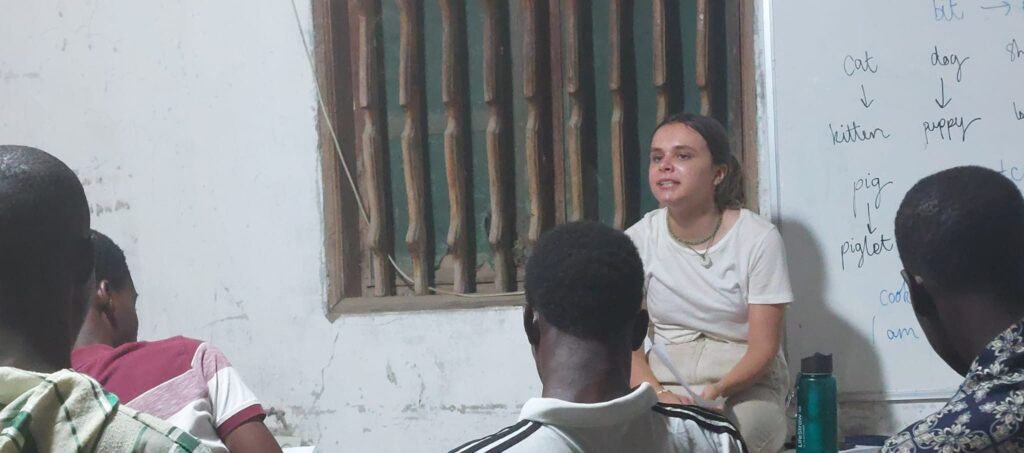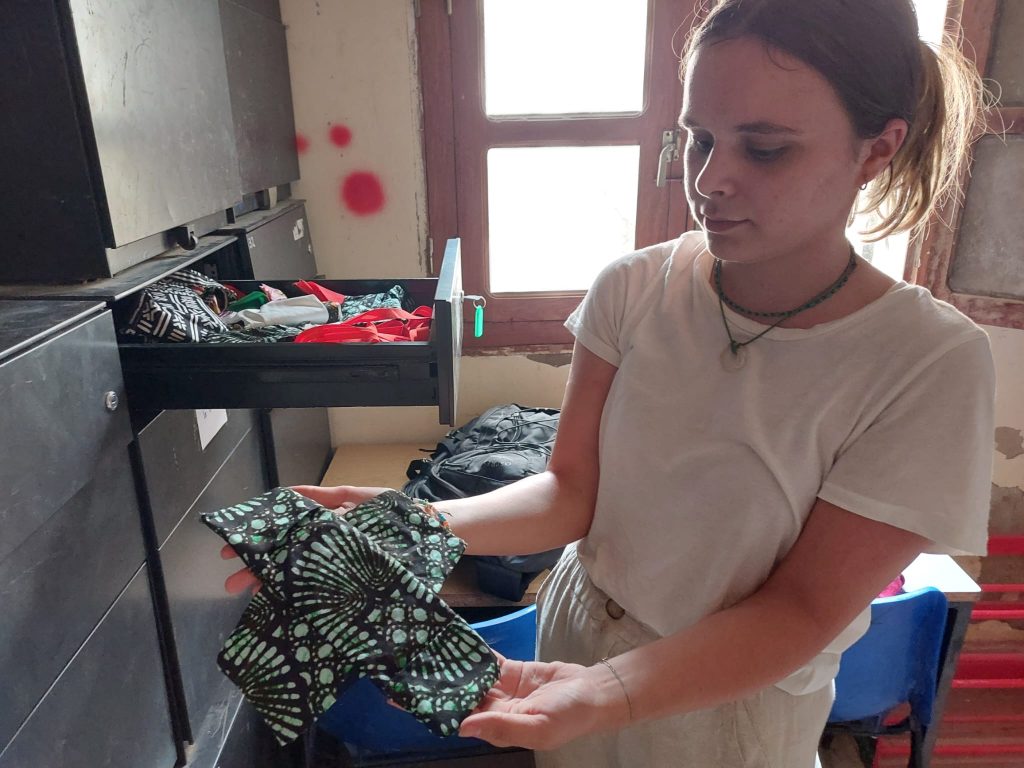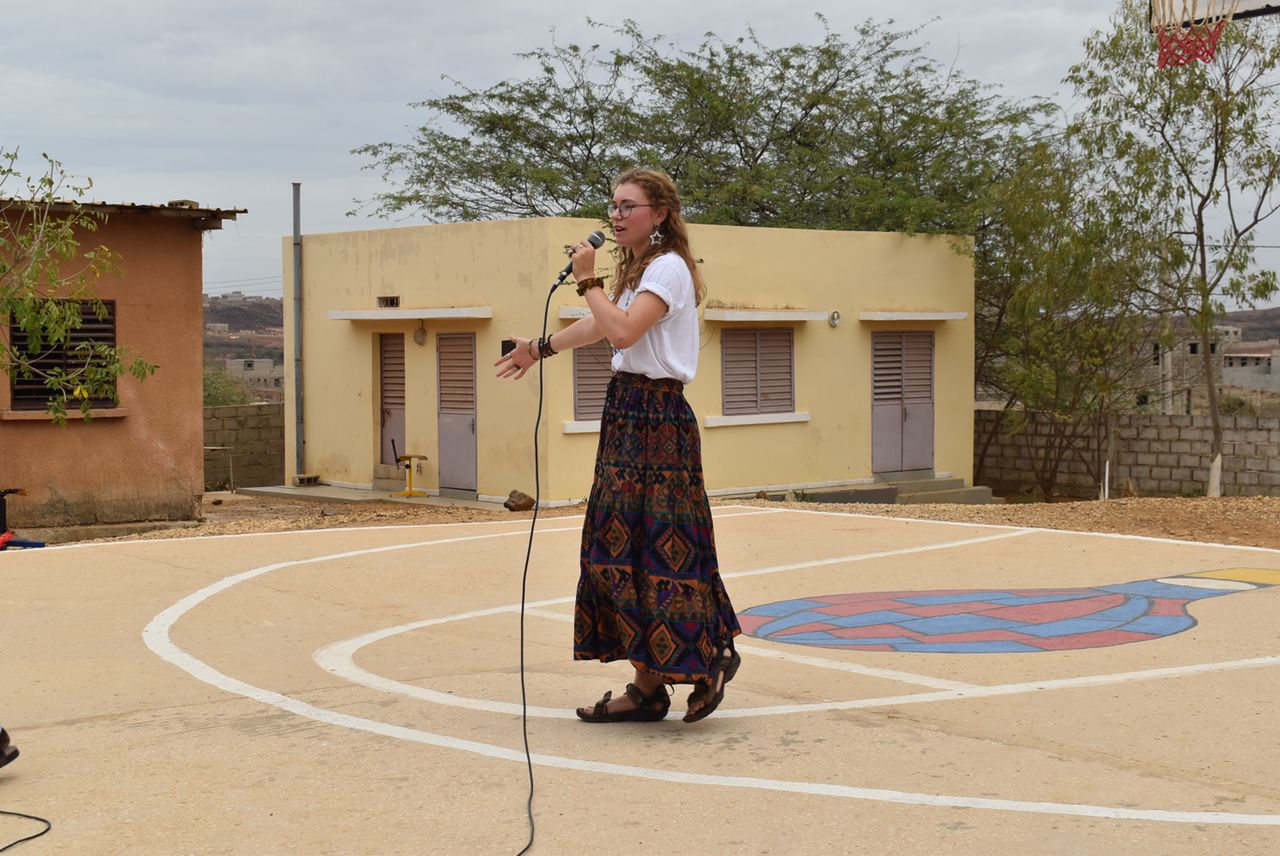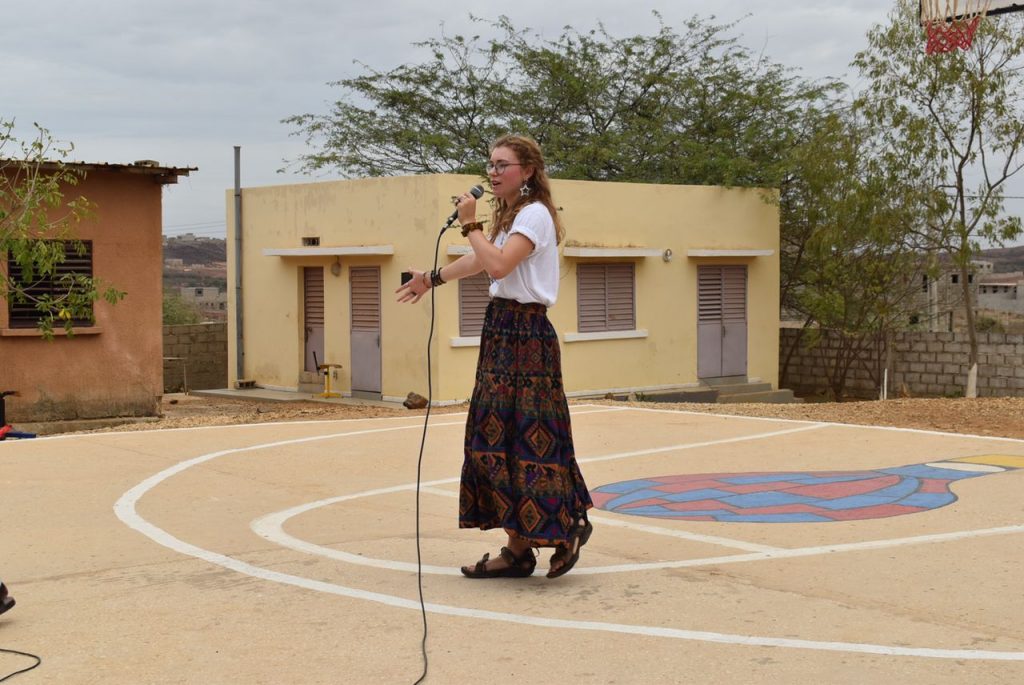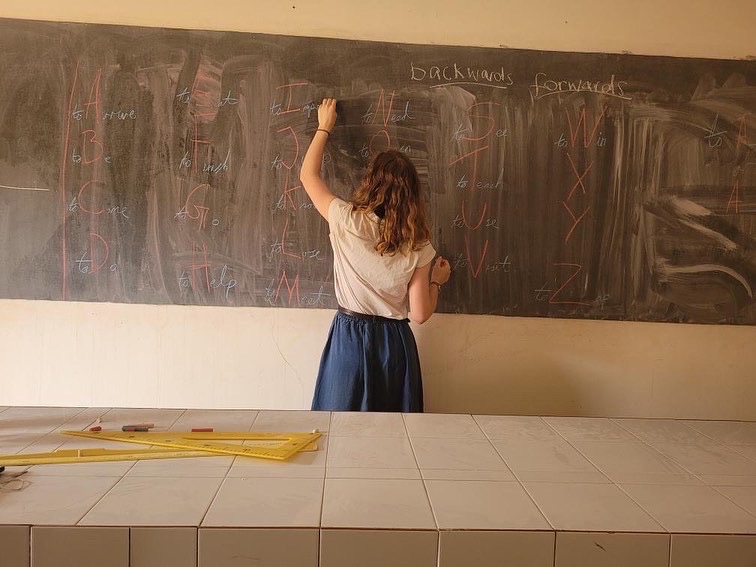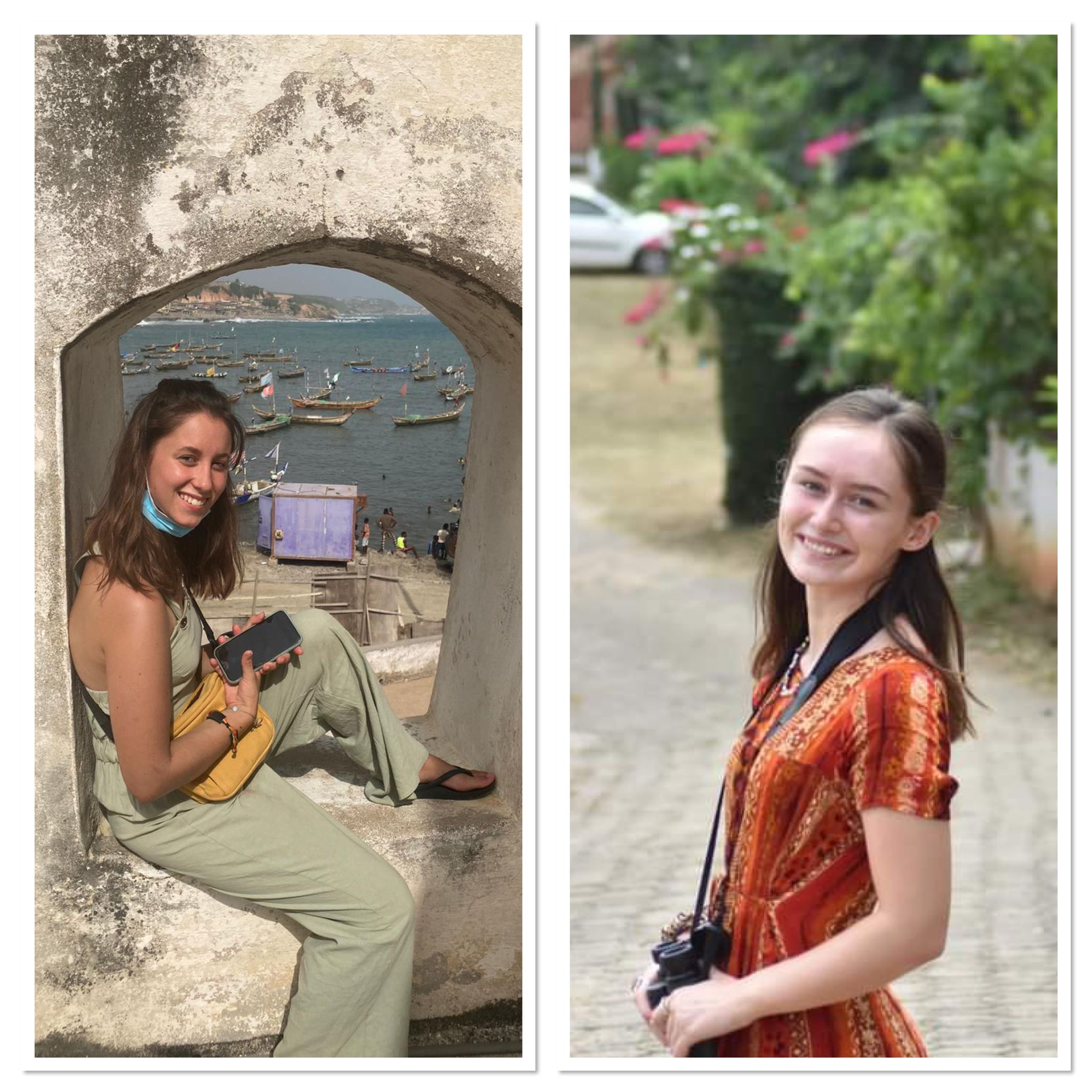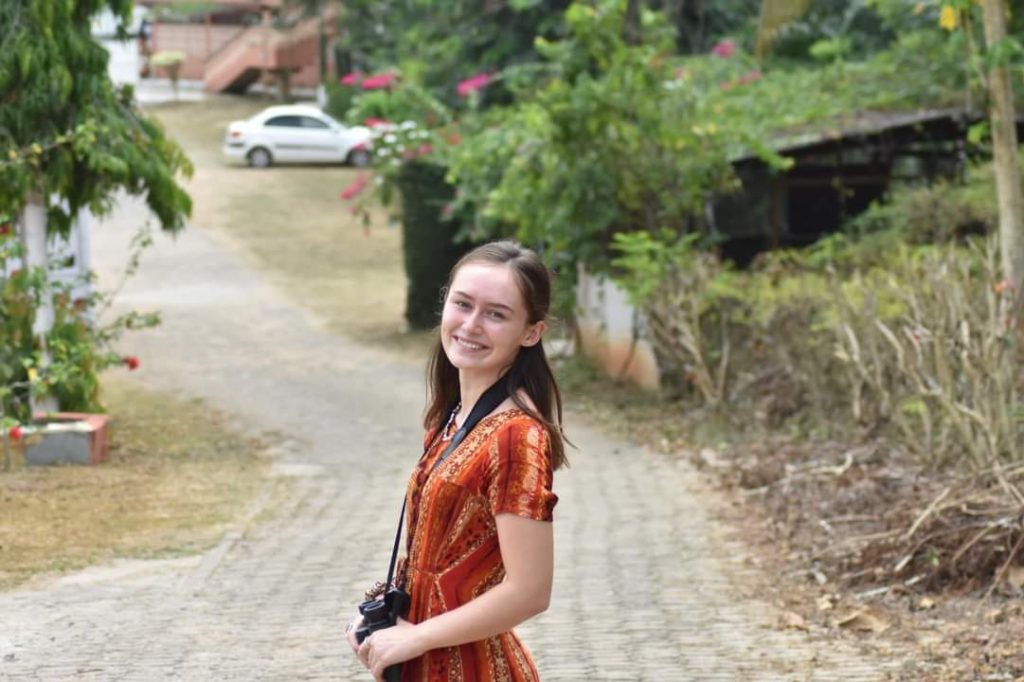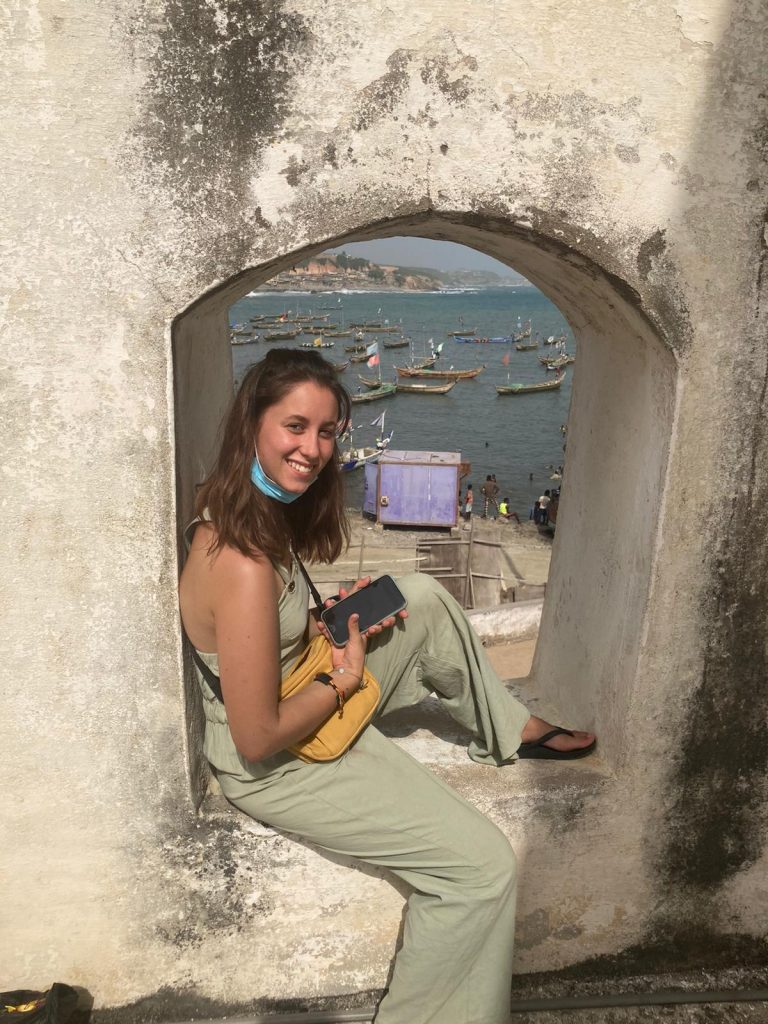Your basket is currently empty!
-
Returned Volunteer Spotlight – Ed Stevens (Honduras 2000-01)
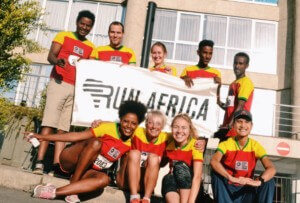
Resource: Returned Volunteer Spotlight – Ed Stevens (Honduras 2000-01)
Firstly, how are you? How has your week been and how have found the transition to lockdown and remote working?
My office is the front room of my house, so remote working doesn’t apply. However, I write from my bed with aching lungs and a dry cough, waiting for results to come back and expecting to test positive for Covid. Alarming as that may sound, many friends and colleagues have also had the virus. There has never been any kind of lockdown here in Ethiopia: there are too many people living too close to the poverty line to stop working, travelling in crowded minibuses and / or living in very crowded conditions. It has, therefore, been a wing-and-a-prayer year with relatively few cases officially reported and with the pandemic more recently being overshadowed by radical political unrest in the north of the country.
On the positive side, I really think we should count our blessings that the virus seems to have such high survival rates, as well as low infection rates for children. There would be so much more panic if this was not the case.Could you tell us a bit about your Project Trust experience? Where and when did you go overseas, and how do you think that experience has shaped your life since?
Shaped my life?! My year in Honduras (2000-01) has defined my life since! My project partner and I were the only Project Trust volunteers in Honduras that year. This was, perhaps, proof of the robustness of the Punta Gorda project on Roatan Island, whose first two volunteers seventeen years previous had risen to almost mythical status in the village. Everyone talked about Ricky and Jonny from 1983 – and I was very intrigued to see and read about Ricky in your last newsletter.
I had a wonderful year, forming very close bonds, teaching English and music, playing football, spear-fishing, eating fruit from the tree, dancing, drinking too many moles (or ‘topos’ ) in the playground – frozen little bags of orange squash. However, I remember every bit as clearly, and probably grew the most from, the challenges I faced: the daunting class sizes, a boat trip to Caribbean-paradise cayes that didn’t go to plan, a splinter in my finger that went septic and had to be ‘dug out’ without antiseptic (as a crowd of other patients looked on), and arriving in Managua – an infamously dangerous city at the time – alone, at dusk, tired and very nervous.
As the deep sadness and withdrawal of departing Honduras faded, I remember entering university with a very striking new context on my home life: the relative security and privilege of living in London, the ‘strength’ of a British passport, the incredible institutions which have shaped British society, but also the value and importance of living within, and understanding, a place as opposed to just visiting it. That is the biggest single gift that Project Trust gave me.
For example, speaking Spanish fluently after my year in Honduras, I ended up changing my language degree to study Arabic, living for a year in Morocco and, later, teaching English in Saudi Arabia for six months. I also remember very fondly indeed the selection, training and debriefing courses, returning to Coll several times over the years to visit my hosts, Fiona and Angus, who became like an aunt and uncle.
And what are you up to now? Can you tell us more about your current role?

Since 2009 I have lived in Addis Ababa, where I now support my wife with her two businesses: an athletics tourism company called Run Africa, established in 2013, and a solar company called Green Scene Energy, established in 2016. Of course, both companies suffered during 2020, but have survived and are gathering momentum once more.
My roles include running a competitive local athletics club, linking amateur runners with elite athlete trainers for forest runs, writing renewable-energy proposals and updating website content. Since 2016, both companies have benefited hugely from the input of Work Away volunteers. We have found it a very positive experience, attracting people with similar attributes to those demanded of (and fostered in) the Project Trust volunteer, albeit on a much small timescale.
What impact is the Covid-19 pandemic having on education and the lives of young people? What do you think should be prioritised when thinking about recovery from the Covid-19 pandemic?
It is too early to comment on true impact, since it still feels like we are in the thick of it. However, young people are resilient and adaptable and so, with no comparison (or ‘control’, to use the scientific term) for how their lives in 2020 and 2021 would have been without the pandemic, I am confident that societies will come out of it stronger and more reflective.
For young people, I certainly hope that educational focus, post pandemic, prioritises rekindling social activities and connections over a race to try and make up for lost time in cognitive learning.
Related to this point, I think that the pandemic has drastically accelerated our evolution of living with computers, laying bare very quickly the fact that screen time and video conferencing can only be a temporary substitute for the importance of face-to-face interaction, in all walks of life.
What advice do you have for our younger members of the Project Trust Community who are looking to build their skill set and careers?
Life is long! Don’t worry! It might actually take a few years for you to fully recognise how much you gained from Project Trust in terms of challenges overcome, responsibilities, decision making, confidence… but you’ll always have those qualities to your advantage.
Also, the nature of ‘skill sets’ and ‘careers’ has evolved tremendously with internet-isation and cheaper travel. Parents’ and teachers’ guidance and expectations, therefore, although invaluable, may be based partly on their own experiences of how things were 20-40 years ago. In other words, there could be more professional mobility available to you than
institutions, parents and teachers might have you believe. While choosing A or B on a submission form may seem like you are permanently committing to either path A or B, that is not definitive and permanent. Such a choice might oblige you to give up something that you love for now, but it will be there for you to come back to.
To add to this, I have lived and worked in France and Spain, where I found that studies and qualifications much more rigidly define career path; in comparison, I think that Britain is incredibly flexible in this regard. In Britain, it is actually easier to transition into other areas of work than in many other countries, including from the ‘deeper’ career paths of law, medicine and the other sciences. In my own case, since 2007, I have moved from adventure expeditions – cycling around the British coastline in 2007 and traversing the Pyrennees coast to coast in 2008 – to English teaching to charity work to private business; there has been much overlap between all of them and I have no regrets. Meanwhile, however clear you feel that your career path is now, however strong your skill set, it is normal – indeed, healthy – to always have the following questions in the back of your mind, without being frightened of them: What am I doing with my life?! What comes next?!
I say this because I think that if you are stimulated by your subject, your work and / or the people around you, rest assured that with it you are continually honing skills which apply to work and career but which, even more importantly, also continue to strengthen your personality and your resilience, preparing you for other challenges during adult life – job rejection, a sense of work boredom, committing to your partner, having children, ill health, bereavement and so on. What am I doing with my life?! What comes next?! Don’t worry.
-
At Home Volunteering in South Africa
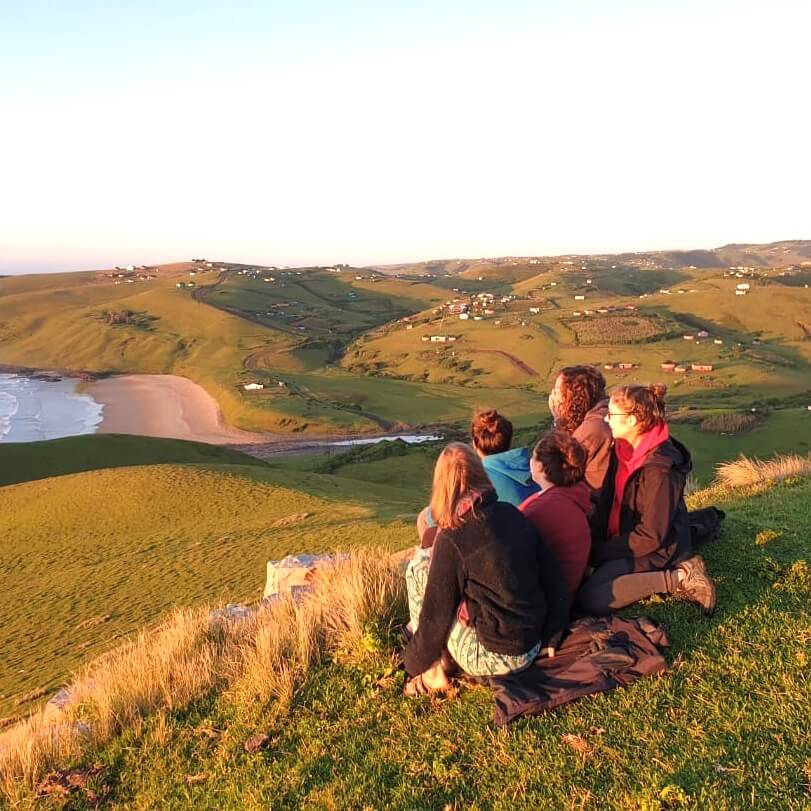
Resource: At Home Volunteering in South Africa
Volunteers’ Week, 1-7 June, is a time for Project Trust to thank people from across the Project Trust Family for the contribution you make through volunteering.
As part of this, Project Trust is sharing a number of stories from, and about, our own Volunteers. Join in and help recognise the fantastic contribution volunteers make, including Katie Wright…
I volunteered with Project Trust as a teaching assistant to primary school children in Zithulele, South Africa in 2019/20.
I taught English, Maths, Music, PE and assisted with other activities. I also taught a dance class to children in my spare time, home-schooled children in the community, helped out at after school club, and ran holiday school camp. It was a full-on year and I wouldn’t change it for the world!
I chose international volunteering with Project Trust because I knew university was a route I wanted to take but, towards the end of college, felt I needed a break from education. When I saw the opportunities Project Trust make available, I jumped at the chance to apply. I wanted a structured gap year and to positively contribute towards another community. And I did that, and more, developing vital life skills and friends for life too!
I was eligible to apply for the Project Trust Access Fund bursary programme, which made a huge difference to me achieving my fundraising target, relieving some financial pressure. Above all, it provided me with the confidence and belief that my circumstances would not prevent me from achieving an experience of lifetime, one now shaping the beginnings of my future.
New perspectives

Since my placement ended, I can really reflect on how much broader my world view is and the new-found understanding of a culture different from my own. This lived experience has led me to appreciate the individual values and views that each person can contribute towards society. It has allowed me to become more engaged with pressing social justice issues amongst communities across the world and become an active global citizen.
That’s the same for my career prospects too. I am currently studying Adult Nursing at The University of Manchester, which I absolutely love. It allows me to continue to make a valuable impact on the lives of others, just as I did as a Volunteer with Project Trust.
This decision was partly inspired by shadowing nurses, doctors and watching a c-section in rural Zithulele Hospital. My Project Trust experience has fuelled my enthusiasm to work internationally in a rural community like the one in which I volunteered in South Africa.
A Home in My Heart
Most Volunteers will agree, it’s not until you have completed your placement that you realise the skills and friendships you’ve gained and growth you’ve experienced. Zithulele was a place that not just became a new home for me, but one that also found a home in my heart.
I would 100% recommend Project Trust to those of you who are thinking of applying, or who know young people looking to make a difference through the types of life- and career-enhancing experiences Project Trust offers.
Project Trust is more than a gap year. It’s a journey and community you belong to for life.
Find out more
The benefits of volunteering with Project Trust
Apply to volunteer with Project Trust in 2022
Call Back Request – ask us to call you at a time that best suits

